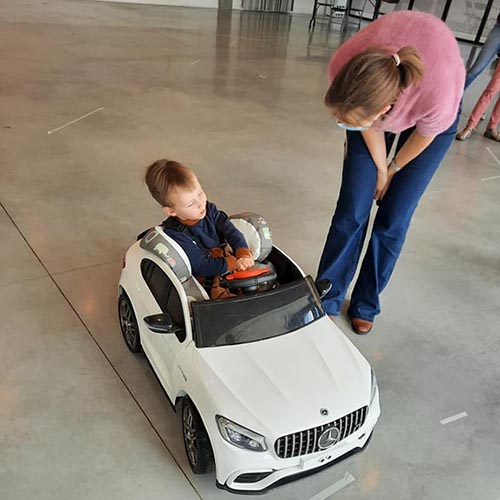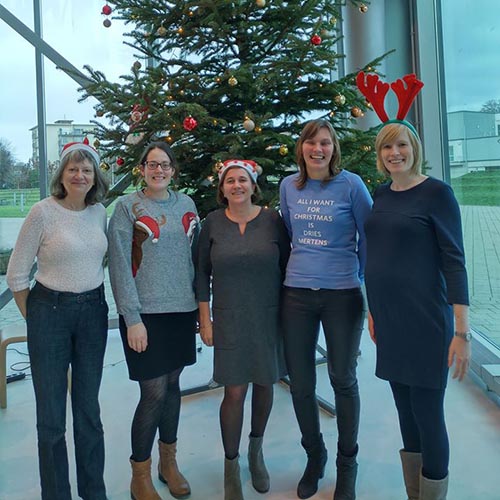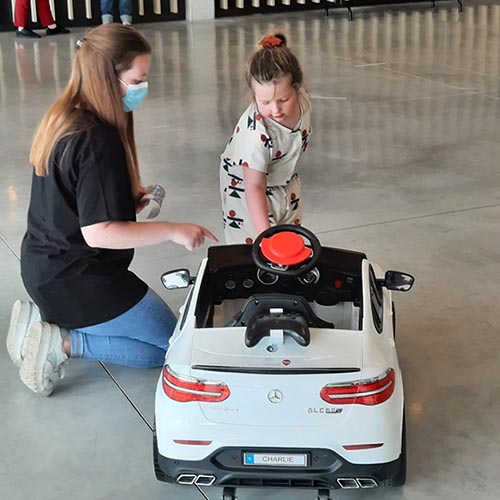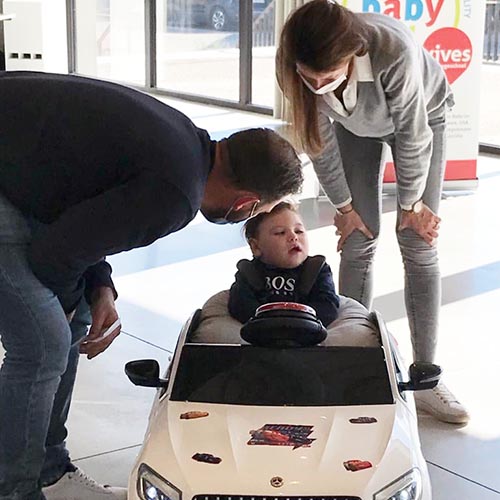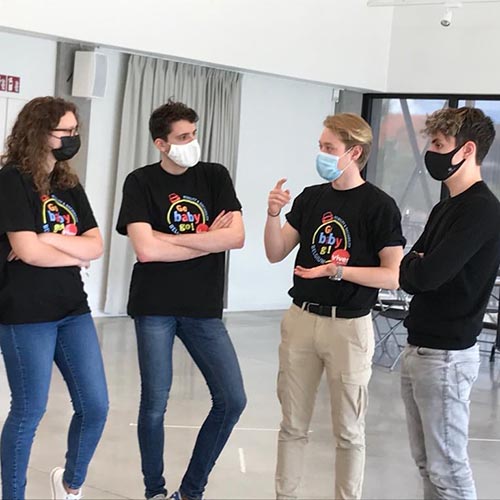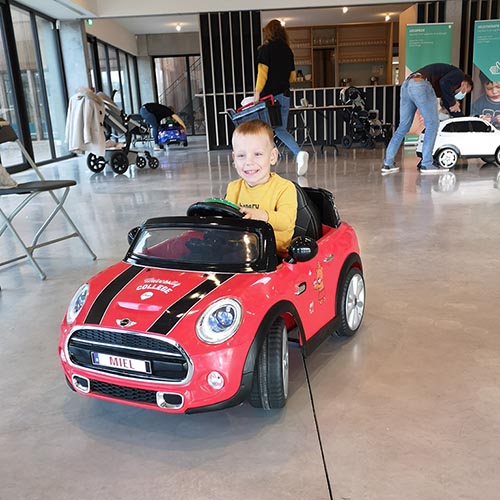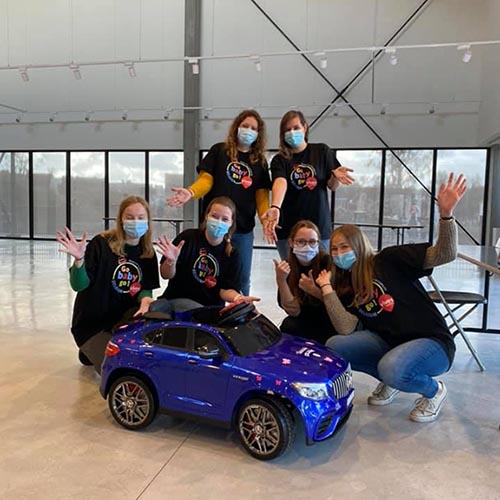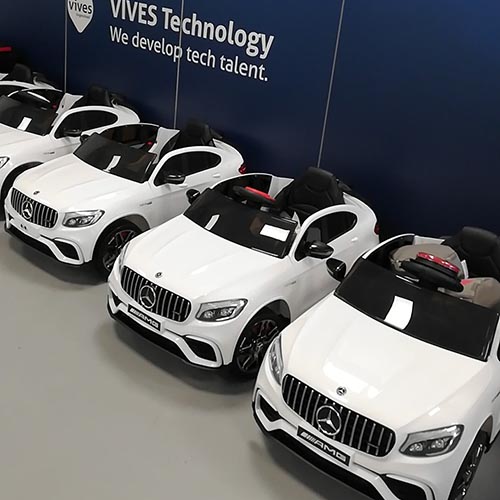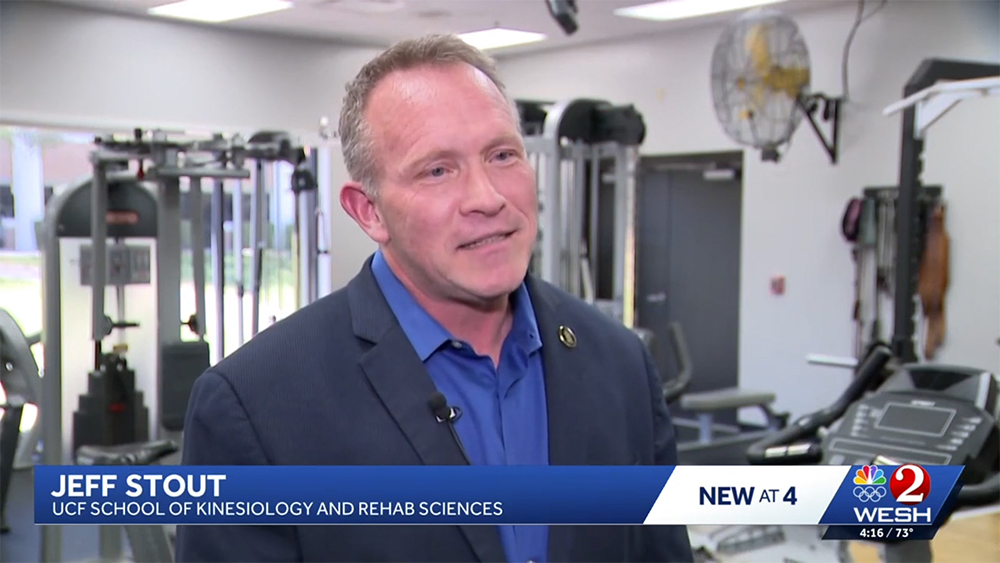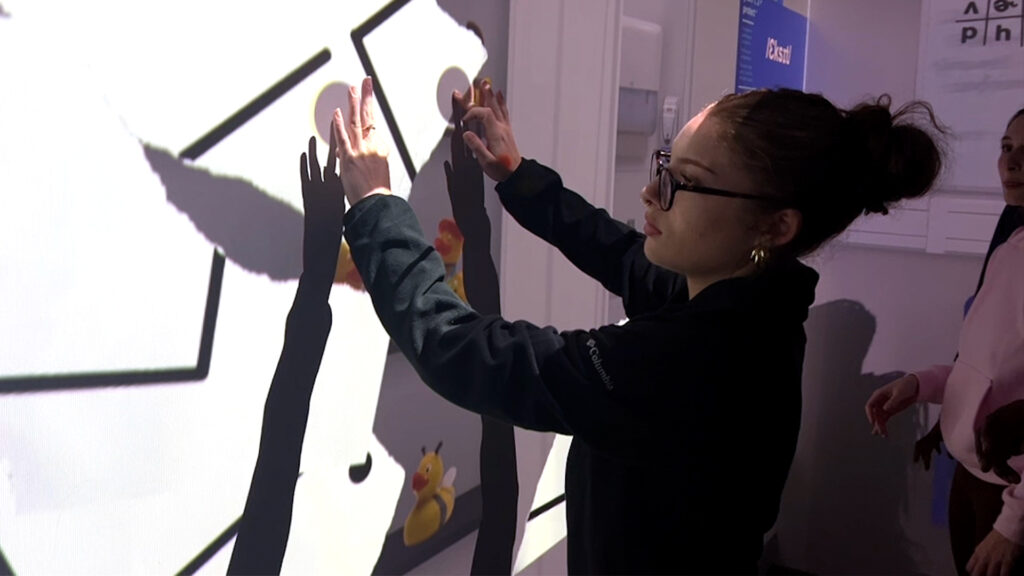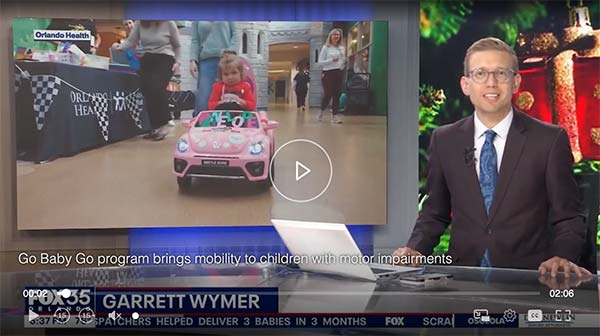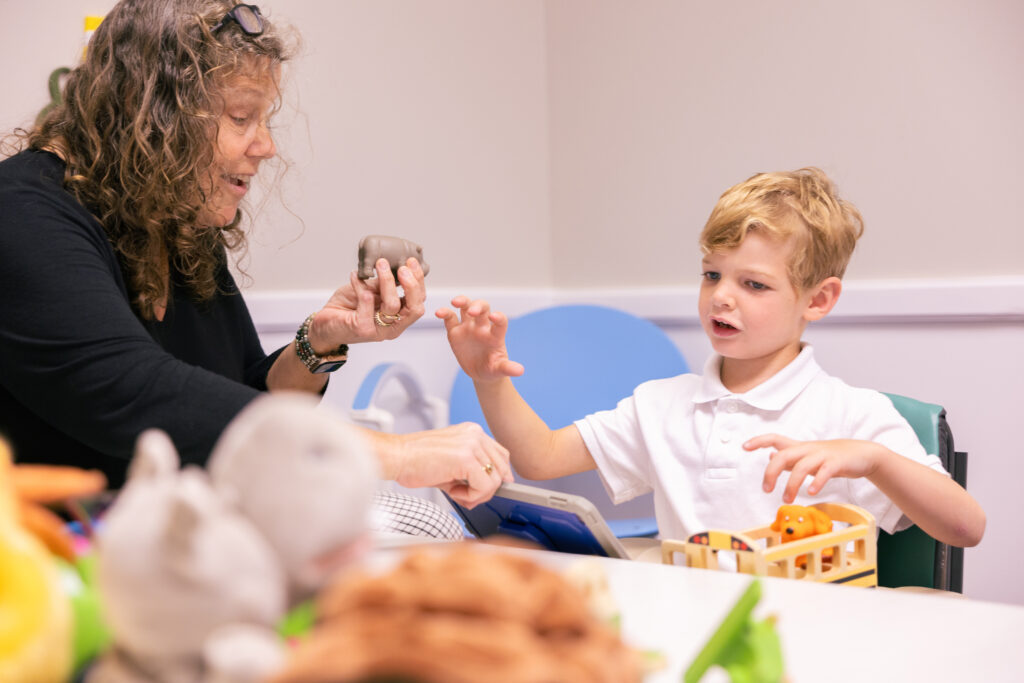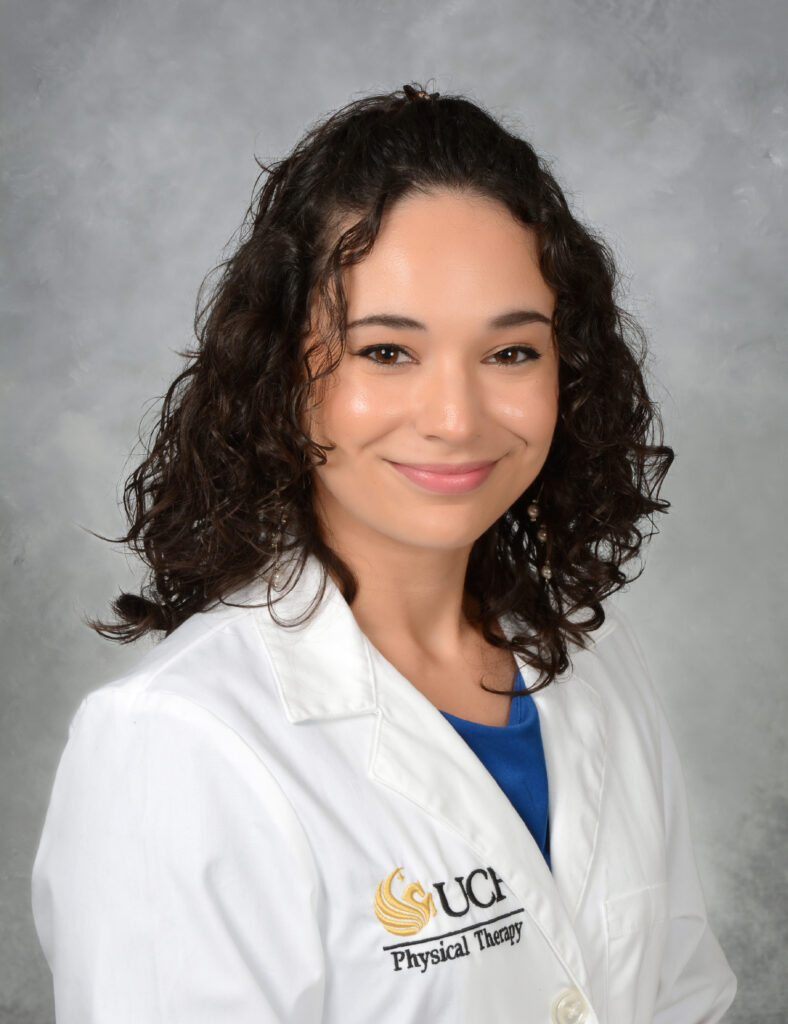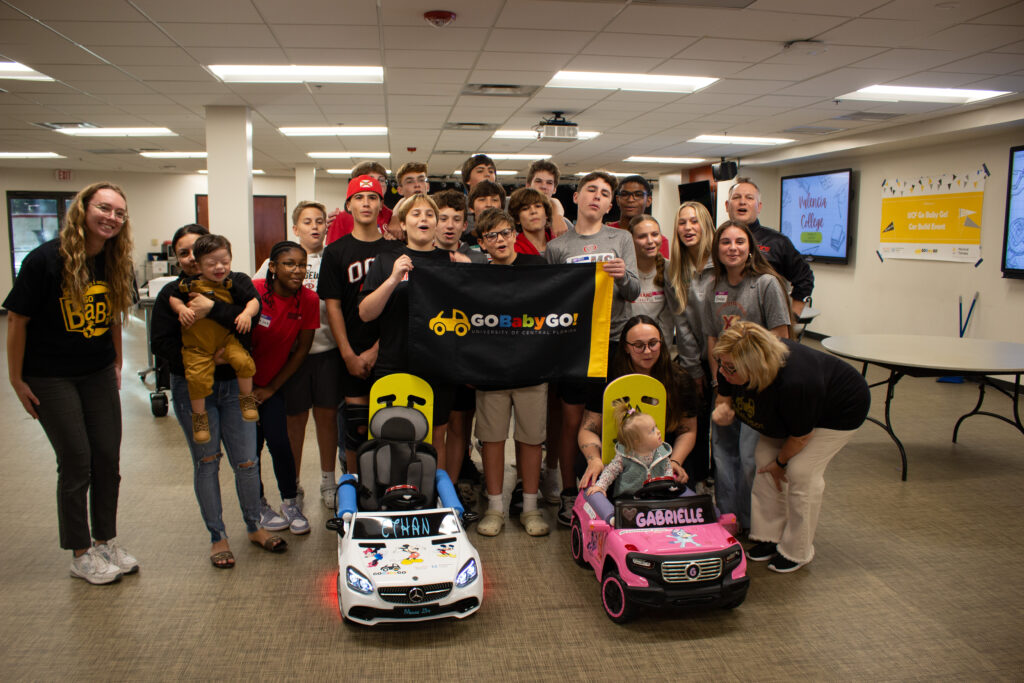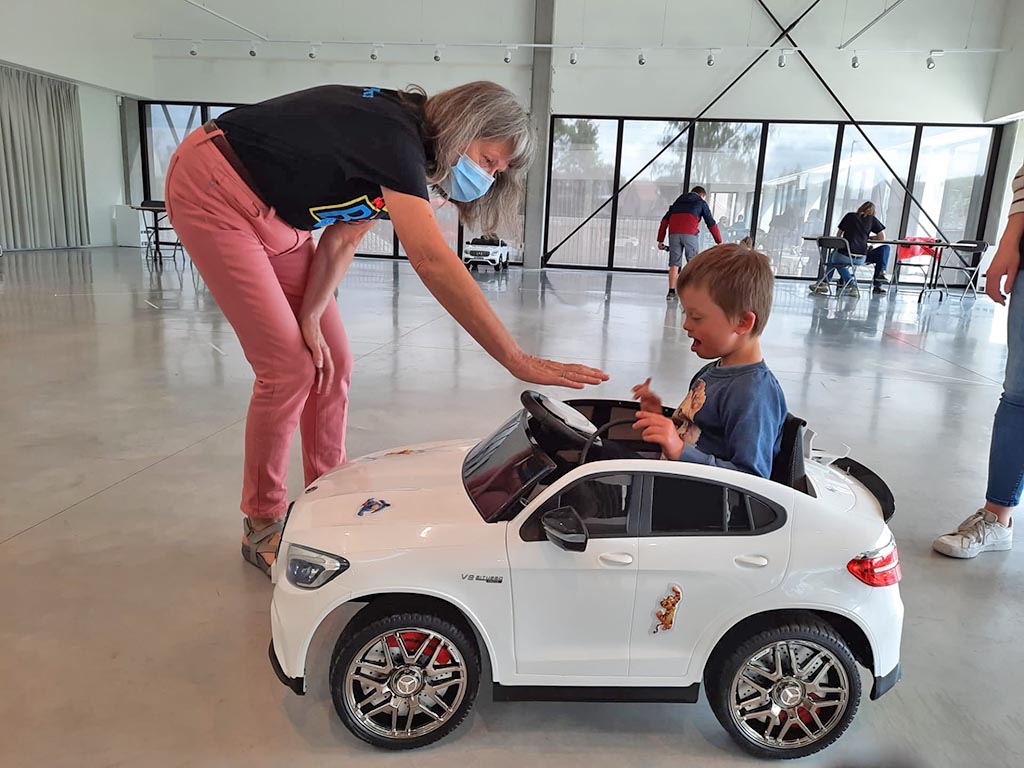
Martine Vanryckeghem, a Pegasus Professor in the School of Communication Sciences and Disorders has teamed up with her colleague in Physical Therapy, Jennifer Tucker, to start a Go Baby Go! chapter in Belgium to help increase mobility of children with developmental delays.
Go Baby Go! is a national organization started by physical therapists that specializes in modifying child-sized battery-operated cars with everyday materials to make the cars more suitable for kids with mobility impairments — things like a few feet of PVC pipe, foam pool “noodles,” and other items help make the cars safe and inexpensive for the children they serve.
As the UCF chapter of Go Baby Go! was getting its engines started in 2015, Vanryckeghem was working on an inter-university agreement between VIVES University of Applied Sciences in Belgium and UCF. Vanryckeghem grew up in Belgium and spends most summers there. She knew Go Baby Go! could help children in Belgium, and she also knew her colleagues and the community there would embrace the movement as she had.
Within just a few months of their UCF visit, VIVES started its own chapter of Go Baby Go! at its new health center, which comprises disciplines in speech- and occupational therapy and a health technology program.
The connection between Vanryckeghem, an internationally renowned fluency disorders expert, and Go Baby Go! may not be readily apparent. But Vanryckeghem has a long history dating back to her summer breaks from secondary school in Belgium when she volunteered with children with developmental delays and witnessed significant improvement in the children in a short amount of time. These experiences helped her define her career path to help others through speech therapy.
“This is really where my career began,” Vanryckeghem explains. “And I knew that when I grew up, I wanted to focus my career in making the quality of life better for people with developmental delays.”
Throughout her career, she has seen the lives of the children who stutter transformed when their fluency improves. She saw Go Baby Go! provide a similar transformation at the first “build” she attended. She witnessed children’s faces change from trepidation to joy as they zoomed around unfettered in the brightly colored cars.
“Many of the children at that first build were nonverbal,” Vanryckeghem says. “And although I wasn’t aware of their physical limitations, I could clearly see they were communicating in a whole new way once they took off in their cars. They were not only benefiting physically, but also improving their use of nonverbal communication.”
Vanryckeghem is helping to bridge the physical benefits to the intangible benefits that the cars provide to the children. So far, the VIVES chapter has supplied 24 Belgian children with modified cars. These participants are contributing to ongoing research to better understand the connection between increased mobility and language and social skills.
Vanryckeghem will be on sabbatical in the fall and plans to dedicate some of her time to advancing the VIVES Go Baby Go! program even further.
“Dr. Tucker is an inspiration to all of us who see a child’s potential,” Vanryckeghem says. “My colleagues at VIVES and students there are working hard to continue this important work for children in Belgium.”
